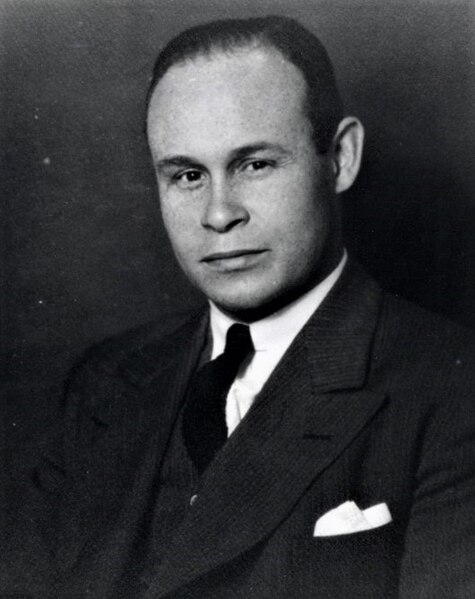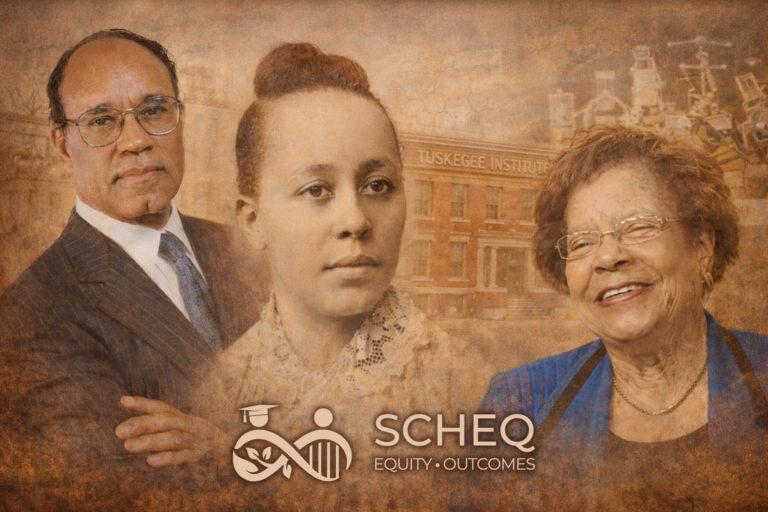Dr. Charles Drew (June 3, 1904 – April 1, 1950) was a surgeon and was the pioneer responsible for blood banking. Born in Washington, D.C., Dr. Drew was a student athlete, and one of thirteen black students, who attended Amherst College, obtaining a BA (1926). After taking a biology course, he was inspired to pursue medicine. Due to racism and barriers to entry to medical school, he left the U.S. and went to Canada. He obtained his MD and CM (Master of Surgery) (1933) from McGill University School of Medicine, and completed his internship and surgical residency (1933-1935) at Montreal Hospital where he began his studies in transfusions starting by treating shock with fluid replacement.
Due to still not being permitted to enter any US elite institutions or fears of their patients, he subsequently took a faculty role at Howard University’s College of Medicine and eventually became the Chief Surgical Resident at Freedmen’s Hospital. He won a Rockefeller Fellowship (1938) to conduct surgical training at Presbyterian Hospital and obtained his Doctorate (1940) in Medical Science at Columbia University, becoming the first African American PhD in Medical Science at the institution. His dissertation research focused on shock, fluid balance, and blood chemistry and was titled “Banked Blood: A study in Blood Preservation”.
His training was critical to blood preservation and saved thousands of lives during WWII. Dr. Drew and his colleagues were able to extract with sedimentation, preserve, and ship plasma on a grand scale which offered advantages over whole blood. After this Blood for Britain pilot program, Dr. Drew in conjunction with the American Red Cross mass produced dried plasma and blood mobiles, ultimately becoming the “Father of the Blood Drive”. In 1941, he started on his goal of having a top-level surgical program for Black doctors, and his first cohort obtained their licenses in 1948.
Among his many accolades were election to the medical honor society Alpha Omega Alpha, elected fellow of the International College of Surgeons (1946), and first Black appointed an examiner for the American Board of Surgery (1948). He was also awarded the J. Francis Williams Prize in Medicine, and the Spingarn Medal (1944) from the NAACP. Sadly, his life was cut short in a car accident in 1950. He was very outspoken against racial discrimination and criticized the American Red Cross which initially did not accept black blood donors, and again when it wanted to still segregate the blood after it allowed black blood donors. He also spoke out against the American Medical Association (AMA), which at that time still did not allow African Americans in its ranks. This is why the National Medical Association was so important for many doctors.
References:
- https://www.sciencehistory.org/education/scientific-biographies/charles-richard-drew/
- https://www.cdrewu.edu/about/history/charles-r-drew/
- https://www.acs.org/education/whatischemistry/african-americans-in-sciences/charles-richard-drew.html
- https://anyonecanscience.com/index.php/2021/02/12/black-history-month-part-1-charles-drew-father-of-the-blood-bank/
- https://www.blackpast.org/african-american-history/charles-drew-1904-1950/




